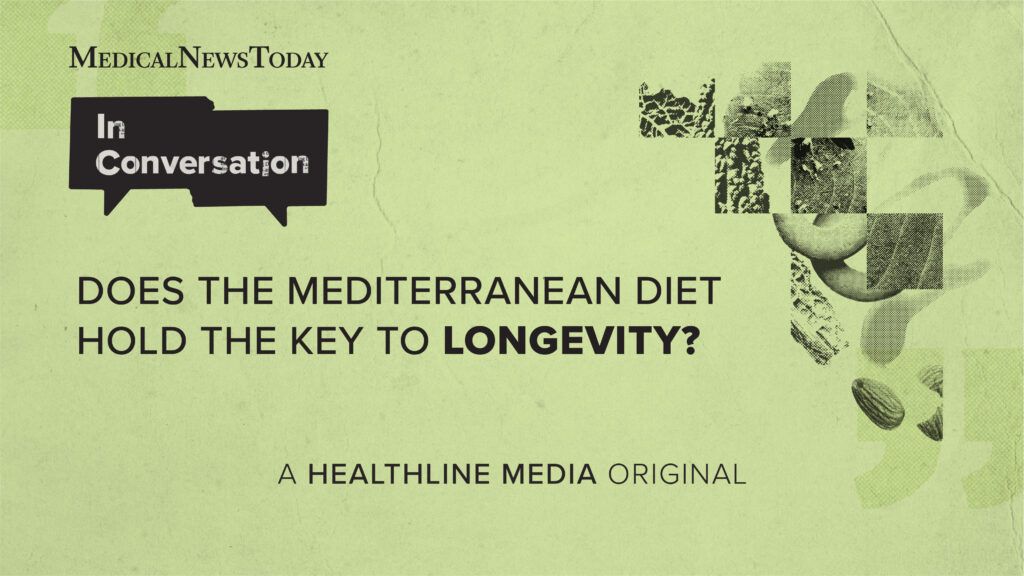Dietary Patterns that May Reduce Chronic Disease Risk in Older Adults

Recent research reveals how specific dietary patterns can help older adults reduce the risk and slow the progression of chronic illnesses like heart disease, dementia, and diabetes.
Dietary Patterns that May Reduce Chronic Disease Risk in Older Adults

Diet and nutrition play a crucial role in managing health and preventing chronic diseases, especially among older adults. A recent study from Sweden highlights how certain dietary choices can influence the development and progression of conditions such as heart disease, dementia, and diabetes.
Key Findings:
- Consuming a diet rich in vegetables, whole grains, nuts, and healthy fats is associated with a slower buildup of chronic illnesses.
- Diets high in red meat, processed foods, and sugary beverages increase the likelihood of developing multiple chronic conditions.
- Over a 15-year period, older adults adhering to healthier diets experienced fewer and less severe health issues.
Types of Diets Studied:
- MIND (Mediterranean-DASH Intervention for Neurodegenerative Delay): Emphasizes fruits, vegetables, whole grains, and healthy fats.
- AHEI (Alternative Healthy Eating Index): Focuses on foods linked to lower risk of chronic diseases such as fish, fruits, and vegetables.
- AMED (Alternative Mediterranean Diet): Similar to the Mediterranean diet but with modifications for red meat consumption.
- EDII (Empirical Dietary Inflammatory Index): Represents a pro-inflammatory diet high in red meat, processed foods, and sugar.
Implications:
Maintaining a healthy diet can significantly reduce the risk and slow the progression of chronic diseases in older adults. Even later in life, adopting better eating habits offers notable health benefits.
Expert Opinions:
Medical professionals agree that diet quality is a modifiable factor that can influence health outcomes. However, changing long-standing eating patterns poses challenges, especially in older populations.
Sources: Nature Aging
Aging brings health challenges, but nutrition can make a difference. Emphasizing fruits, vegetables, healthy fats, and reducing processed foods can promote healthier aging and disease prevention.
Stay Updated with Mia's Feed
Get the latest health & wellness insights delivered straight to your inbox.
Related Articles
Expert Pediatric Tips for Managing Childhood Constipation
Learn essential pediatric tips for managing childhood constipation through diet, hydration, and medical treatments, ensuring comfort and digestive health for your child.
Healthy Dietary Patterns Promote Reduced Risk of Type 2 Diabetes Across Ethnicities
A large-scale meta-analysis shows that adhering to healthy dietary patterns such as Mediterranean, AHEI, and DASH significantly lowers the risk of type 2 diabetes across all ethnic groups, highlighting the universal benefits of healthy eating.
Does the Mediterranean Diet Promote Longevity? Evidence and Insights
Discover how the Mediterranean diet may help promote a longer, healthier life through improved heart, brain, and overall health. Learn about recent research and expert tips to incorporate this nutritious eating pattern into your lifestyle.
Emerging Research Highlights Role of Food-Derived Signals in Modulating Biological Aging
Emerging research reveals that food-derived molecular signals can significantly influence biological aging, offering promising pathways for personalized nutrition strategies to promote healthier aging.



